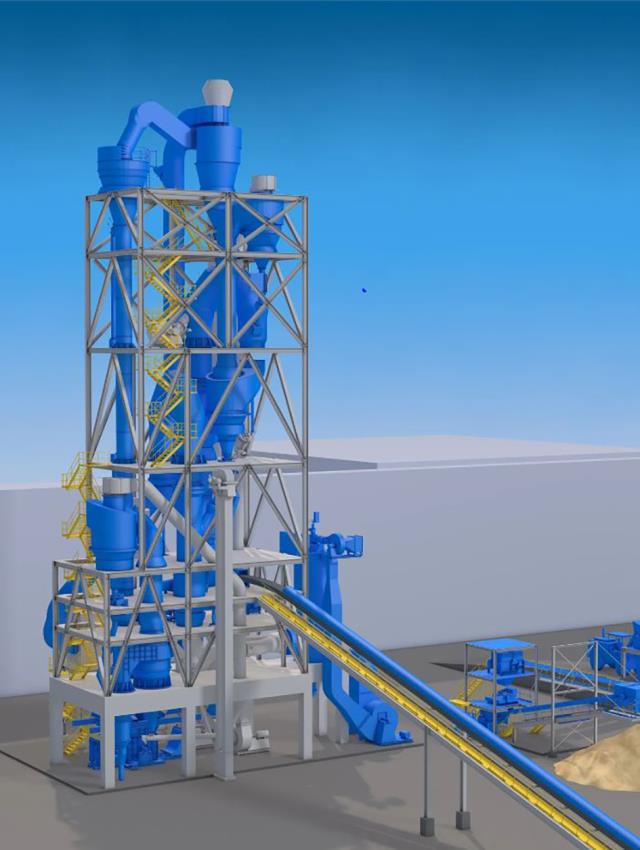
Cimpor Ghana Ltd has commissioned
thyssenkrupp Polysius GmbH for its
new calcined clay project
Cimpor Ghana Ltd has commissioned thyssenkrupp Polysius GmbH with the construction of a flash activator for clay activation in Tema, Ghana. The plant will have the world's largest newly-built flash activator for clay with a production capacity of 1280tpd.
Once operational in 2025, the Tema plant will save up to 440,000t of CO2 emissions annually. Cimpor Global Holdings is a group of companies founded by Ordu Yardimlasma Kurumu (OYAK) and Taiwan Cement Corp.
The contract includes engineering, supply of core equipment and supervision. This includes parts of the clay handling, the preparation of the clay by means of a hammer mill, the drying in the flash dryer, the preheating, activation and cooling as well as the subsequent storage of the activated clay in silos and its loading. The Tema plant is fired with natural gas.
Cimpor Global Holdings, as a pioneer in activated clay manufacturing, will also become the largest activated clay producer in the world. The Ghana plant will be the fourth clay activation facility of the company and the total activated clay capacity will reach up to 1.5Mt of activated clay per year.
Leo Fit, Product Owner polysius® activated clay: "Our technology is not only more environmentally friendly, but also creates cost benefits for our customers like CIMPOR Global Holdings. In many regions, limestone is scarce and clinker has to be imported at high cost. At the same time, suitable clay sources are available. The increasing pressure to reduce greenhouse gas emissions is leading cement manufacturers to rethink. They need an alternative that is cost-efficient and at the same time provides high-quality cement. This is exactly what polysius® activated clay offers."
With polysius® activated clay, thyssenkrupp Polysius has developed a technology that can reduce the clinker factor below 50 per cent. The clay is heated at much lower temperatures compared to the clinker production. In addition, the total heat requirement for clay activation is lower. Due to the significant energy savings in the production of thermally-activated clay, and virtually no raw material-related CO2 emissions, CO2 emissions per ton neof cement can be reduced by up to 40 per cent.
This is the second time that Cimpor Global Holdings has relied on thyssenkrupp Polysius' activated clay technology. The cement manufacturer already awarded thyssenkrupp Polysius with the construction of an activated clay plant near the Cameroonian seaport of Kribi.
